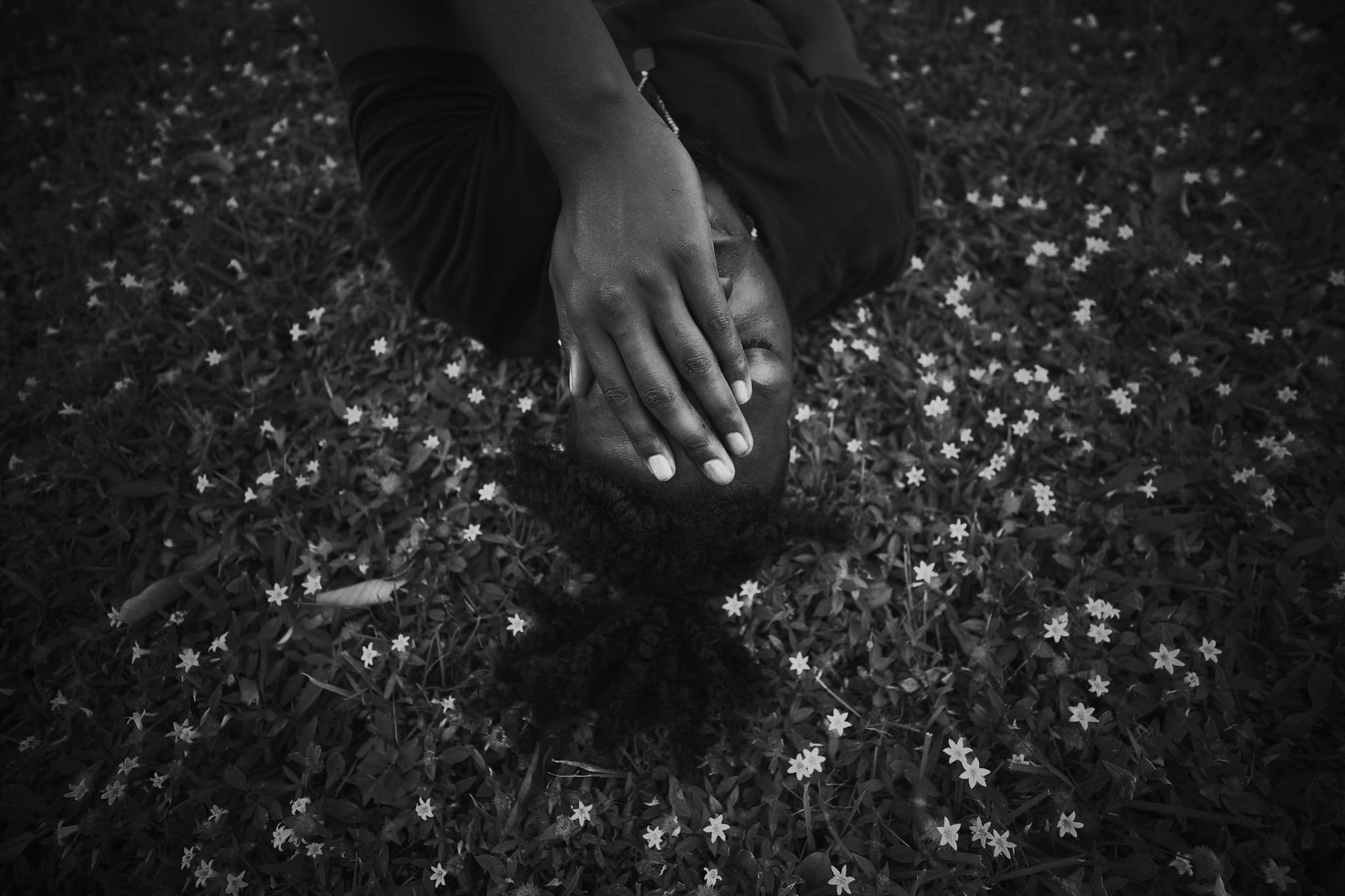Health
Biden-Harris Administration Invests $200 Million to Address Youth Mental Health Crisis

The Impact of Anti-Black Racism on Youth Mental Health Crisis
The Biden-Harris administration has announced a significant investment of $200 million to tackle the youth mental health crisis. While social media and the COVID-19 pandemic have been widely recognized as contributing factors, the role of anti-Black racism in fueling this crisis has not received the same level of attention. Experts, including the U.S. Surgeon General, have highlighted the crucial impact of racism on the mental health of Black youth, and the current mental health system is ill-equipped to address this issue.
The Depressive Effects of Racism on Black Youth
As a child and adolescent psychiatrist, I have witnessed the detrimental effects of racism on Black youth's mental health. From a kindergartener feeling sad and withdrawn after being excluded by classmates due to her skin color to a high schooler being hospitalized after a suicide attempt because of ostracization, these experiences are often overlooked in mental health assessments. Interpersonal experiences of anti-Black racism play a significant role in the mental health of Black youth, but they are often left out of the conversation in the mental health field.
Racism's Impact on Birth Outcomes
The effects of racism on Black Americans' mental health begin even before birth. The stress experienced by Black mothers due to racism has been linked to low birthweight babies, putting them at greater risk of developing depression and other mental health issues. Maternal reports of racism also affect the socio-emotional development of Black children in their first year of life. Notably, foreign-born Black mothers lose the "healthy immigrant effect" after only one generation, indicating the unique impact of racism on Black birth outcomes.
Alarming Suicide Rates among Black Youth
Black children and adolescents are experiencing alarming rates of mental health issues, particularly suicide. Black children as young as five years old are 1.8 times more likely to commit suicide compared to their white peers. While suicide rates for other ethnic groups have remained unchanged or declined, Black youth's rates have been on the rise for over 20 years.
Racism's Impact on Black Children's School Experiences
Racism affects Black children's educational experiences from a young age. Anti-Black racist beliefs emerge as early as age four, with white children displaying negative attitudes towards Black peers. Black children also face racism from adults, leading to harsher school discipline and higher expulsion rates. The criminalization of Black students contributes to poor grades, low self-esteem, and depressive symptoms.
The Phenomenon of "Adultification" and Black Youth
The perception of Black children as being older and more mature than they are, known as "adultification," has deep-rooted racist origins. This phenomenon contributes to the criminalization and hypersexualization of Black children at an earlier age than their white peers. Black girls, as young as five, are viewed as more knowledgeable about sex and less in need of nurturing and protection compared to white girls. This lack of emotional support increases the risk of depression, stress, and suicidality among Black children.
The Role of Wealth Gap and Socioeconomic Status
The multigenerational wealth gap and socioeconomic status significantly impact the declining mental health of Black youth. However, poverty alone does not explain the whole story. Higher socioeconomic status has been associated with greater depressive symptoms in Black children living in predominantly white neighborhoods. Experiences of racism outweigh the protective effects of parental education, highlighting the unique impact of racism on Black youth's mental health.
Urgent Need for Tailored Mental Health Treatment
The mental health treatment of Black youth must be tailored to address the impact of anti-Black racism. Further research funding is necessary to examine the effects of racism on child mental health. Organizations like the AAKOMA Project, Therapy for Black Girls, and the National Black Child Development Institute already provide targeted care, but more resources are needed. Mental health clinicians require anti-Black racism-conscious training to support Black children effectively.
The Importance of Education and Accountability
Educating mental health clinicians about the impacts of racism is crucial, but accountability is equally important. Mental health institutions must actively address racism within their practices to ensure Black children's mental health is not further harmed. Anti-racist hiring practices and reporting systems should be in place to recruit and retain staff. Leaders should hold mental health staff accountable for racist behaviors, even if it means penalizing highly valued colleagues or friends.
Ending the Youth Mental Health Crisis
The youth mental health crisis will persist until the mental health of all children stabilizes. It is vital to address the impact of anti-Black racism on Black youth's mental health and ensure they are not left behind. Tackling this crisis requires a comprehensive approach that involves research, tailored treatment, education, and accountability.
Hey there! I’m William Cooper, your go-to guy for all things travel at iMagazineDaily. I’m 39, living the dream in Oshkosh, WI, and I can’t get enough of exploring every corner of this amazing world. I’ve got this awesome gig where I blog about my travel escapades, and let me tell you, it’s never a dull moment! When I’m not busy typing away or editing some cool content, I’m out there in the city, living it up and tasting every crazy delicious thing I can find. Join me on this wild ride of adventures and stories, right here at iMagazineDaily. Trust me, it’s going to be a blast! 🌍✈️🍴